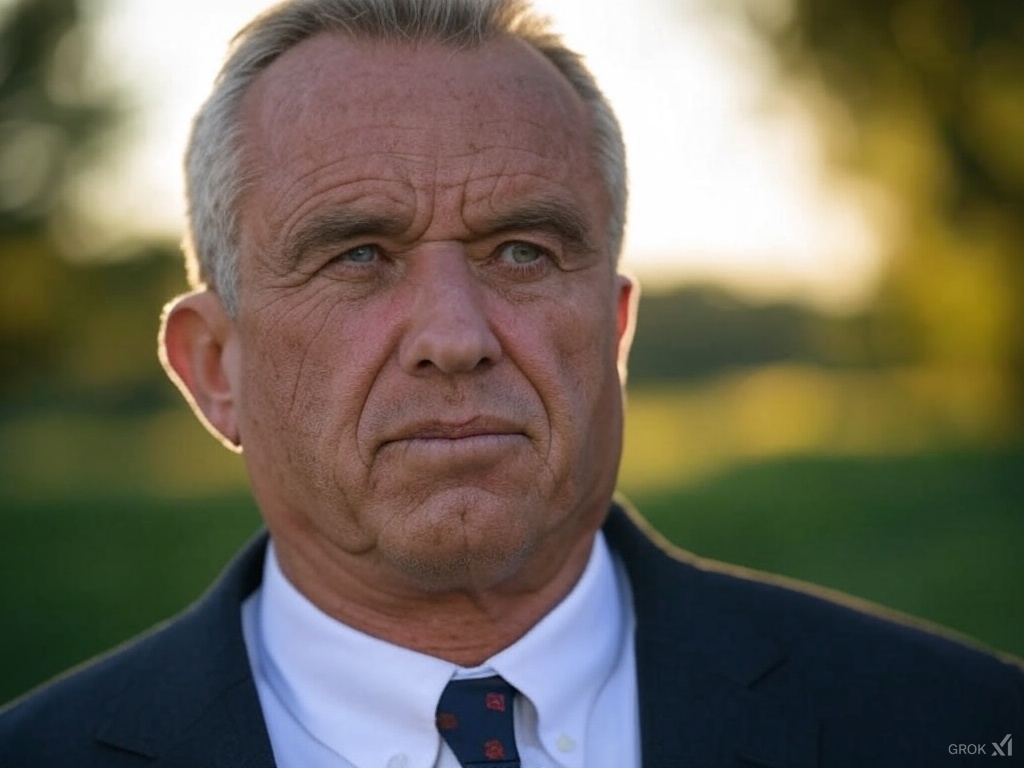Robert F. Kennedy Jr., recently confirmed as the U.S. Secretary of Health and Human Services on February 13, 2025, is poised to shake up the federal government with ambitious changes aimed at reshaping public health policy. Known for his environmental advocacy and controversial health stances, RFK Jr. brings a mix of populist zeal and skepticism toward institutional norms to his new role. With a Senate vote of 52-48 securing his position, he’s already signaling a dramatic overhaul of agencies like the FDA, CDC, and NIH—moves that could redefine how America approaches health and governance.
Kennedy’s agenda, rooted in his “Make America Healthy Again” ethos, prioritizes transparency and reducing corporate influence. He’s pledged to gut what he calls “corrupt” elements within these agencies, starting with personnel changes. Posts on X suggest he’s serious about firing or relocating staff—potentially shipping FDA nutritional scientists to Guam—to break what he sees as industry capture. His focus isn’t just punitive; he aims to redirect research from infectious diseases to chronic conditions, emphasizing prevention over pharmaceuticals. This shift could mean less funding for traditional vaccine programs and more for environmental health studies, aligning with his long-standing critique of Big Pharma.
Critics, including public health experts, worry his vaccine skepticism could erode trust in proven science, risking outbreaks of preventable diseases. Supporters, however, see a champion against entrenched interests, applauding his calls for radical transparency and accountability. The Trump administration’s backing, including an executive order for a chronic illness commission, suggests he’ll have leeway to enact his vision.
At HHS, overseeing a $2 trillion budget and 90,000 employees, RFK Jr. faces a monumental task. Balancing his ideals with practical governance will test his resolve. Whether he succeeds or stumbles, his tenure promises to be a lightning rod—challenging norms and sparking debate about the role of government in our health.



